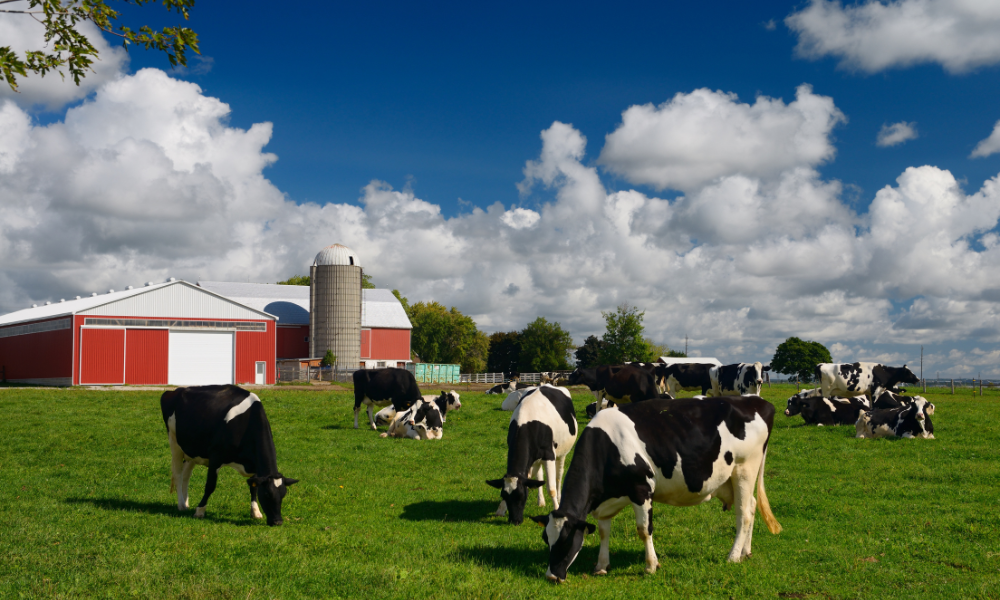Canadian canola and beef producers may face profit squeezes as trade tensions rise

Trade tensions threaten to squeeze profits from Canada’s agricultural exports and redefine supply chains.
Economic risks loom for Canada’s agricultural industry as President-elect Donald Trump proposes 25 per cent tariffs on imports.
Threatening to disrupt long-standing trade patterns in North America, produces and consumers across the region face potential cost implications with profits squeezed especially for Canadian producers.
"When you have a new administration coming into your No. 1 market and they're talking about their interest or intention to impose tariffs, that's certainly not something to be ignored," says president and CEO of the Canola Council of Canada Chris Davison.
Canola agricultural exports amounting to $8.6 billion in 2023 represent a crucial economic relationship with the U.S., with canola oil pegged at $6.3 billion.
On the other hand, beef industry exports amount to $6 billion worth of beef live cattle to the U.S. compared to a mere $1 billion into other international markets.
"We've tried over the years to diversify our export base, and we've managed to do it to some extent, but the reality is that we rely a lot on the United States," explains chief economist at Farm Credit Canada J.P. Gervais, adding that "the consequences from an economic standpoint would be negative, definitely."
While Canadian producers would have to look elsewhere for markets, especially in Asia with strong demand, executive vice-president of the Canadian Cattle Association Dennis Laycraft says "We have very good market access, particularly in Asia, which has strong demand, but you don't just replace a huge market like the United States."
Industry experts see this in the context of negotiations involving Canada-United States-Mexico Agreement dispute settlement procedures. Nevertheless, Evan Fraser, director of the Arrell Food Institute, sees these developments as part of a broader shift toward economic nationalism and supply chain restructuring, potentially leading to increased local processing and manufacturing.
"We're moving into what I might call a frothy period of history, where climate change and energy price volatility and challenges around supply chains and constrictions around labour ... all of these things are going to become harder, not easier," says director of the Arrell Food Institute Evan Fraser.
Canadian agricultural industries are already adapting to potential trade disruptions with canola industry expanding domestic processing capacity.
Meanwhile, both beef and canola sectors are pursuing market diversification in the Indo-Pacific region. However, the task of replacing the U.S. market at hand remains a challenge given its size and high-value nature.



